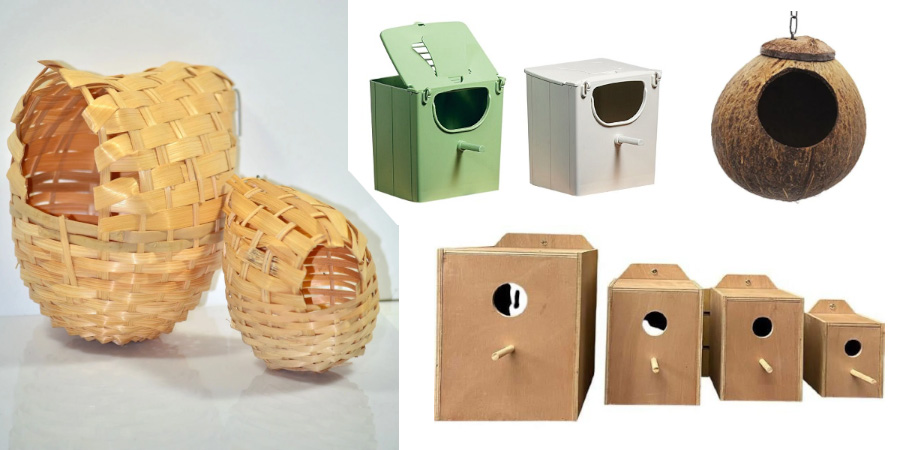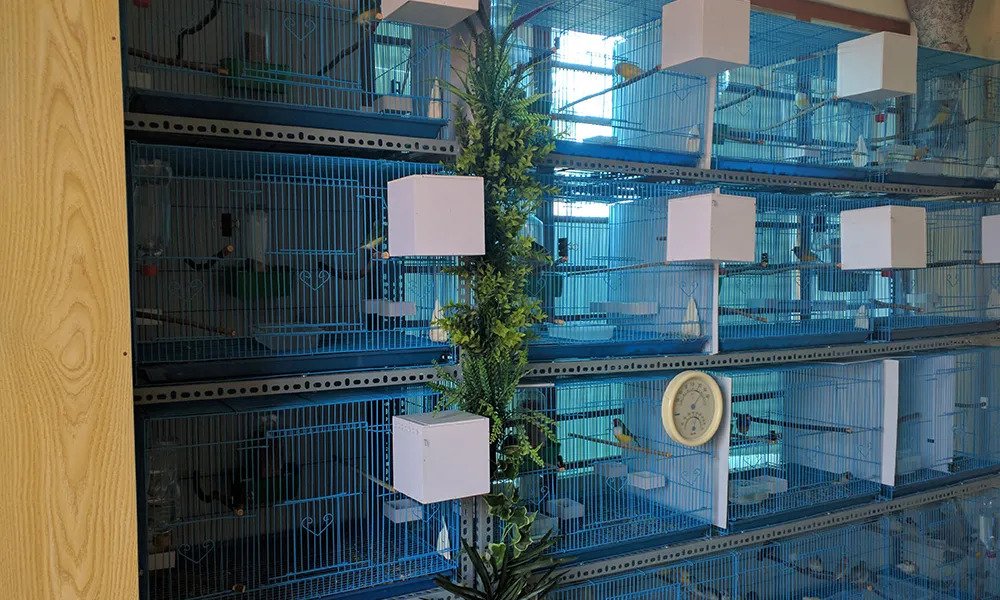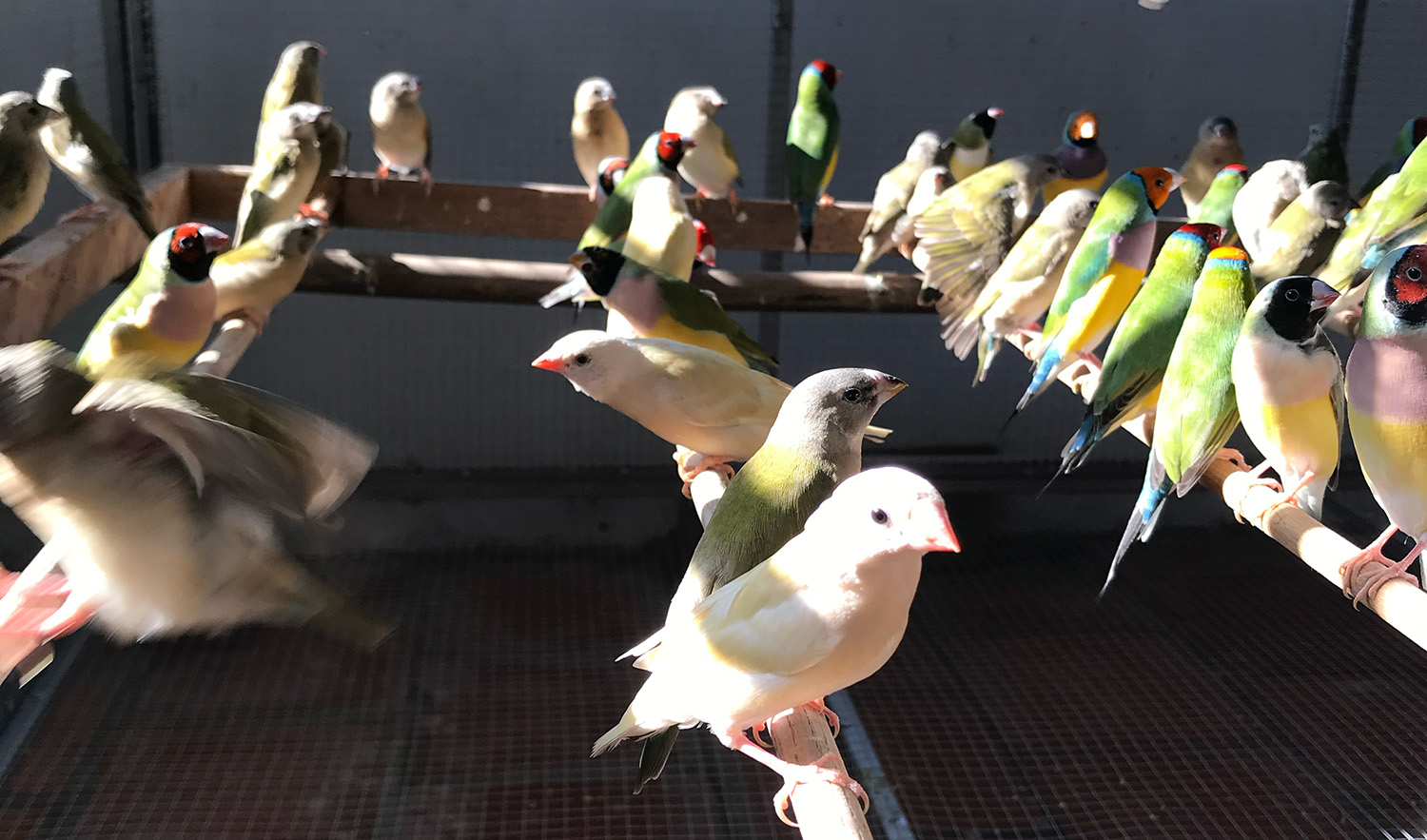
Sunshine and Finches: A Guide for Indoor Bird Keepers
By longnkp / Aug 01 2024 / Housing
Hello, fellow bird lovers! Today, we're diving into a topic that's near and dear to our feathered friends: the importance of sunlight for finches and how to ensure they get enough light even when they live indoors. As bird enthusiasts, we know that sunlight is vital for our finches' health and happiness. So, let's explore why sunlight matters and how we can provide it for our indoor finches.
I. The Importance of Sunlight
Mood
Have you ever noticed how a sunny day lifts your spirits? The same goes for our finches. Sunlight plays a crucial role in maintaining their mood and overall well-being. When finches don't get enough light, they can become less active, more aggressive, and their health can decline. They need a clear day-night cycle to thrive. Without it, they can become stressed, which affects their behavior and health. Imagine living in a world where you never know when it's day or night—it's unsettling, right? That's why consistent lighting is so important for our little friends.
Vitamin D3 and Calcium
Sunlight is also essential for the production of Vitamin D3, which is crucial for finch health. UV light from the sun helps their bodies produce this vitamin, which in turn aids in calcium absorption. Without sufficient Vitamin D3, finches can develop a calcium deficiency. This can lead to weak bones and other health issues, even if you're providing calcium supplements. Birds need at least one hour of direct sunlight each day to maintain healthy Vitamin D3 levels. So, if your finch is staying indoors, you need to be creative to ensure they get this vital nutrient.
Reproduction
Sunlight isn't just about mood and bones; it's also critical for reproduction. Light triggers physiological and chemical changes in birds, affecting their breeding cycles. A lack of adequate light and Vitamin D3 can lead to irregular breeding cycles, poor health in female birds, weak eggs, and sick chicks. Essentially, sunlight is nature's way of telling finches that it's time to breed. Without it, their natural rhythms are disrupted, which can have serious consequences for their reproductive health.
II. Choosing a Birdcage Location
Outdoors
Placing your birdcage outdoors has its advantages and disadvantages. On the plus side, outdoor cages provide birds with the natural light they need, closely mimicking their natural habitat. This helps them grow and thrive just like they would in the wild. However, outdoor cages come with risks. Predators like snakes, rats, and predatory birds can pose a threat. Extreme weather conditions and harmful insects can also negatively impact your finches. Additionally, seasonal changes can be tough on them, leading to illness if they aren't adequately sheltered from the sun and rain.
Indoor Bird Keeping
Keeping your finches indoors offers a stable environment, free from predators and extreme weather. However, indoor settings often lack sufficient sunlight for proper bird development. This means we need to find alternative ways to provide the light they need to stay healthy and happy.
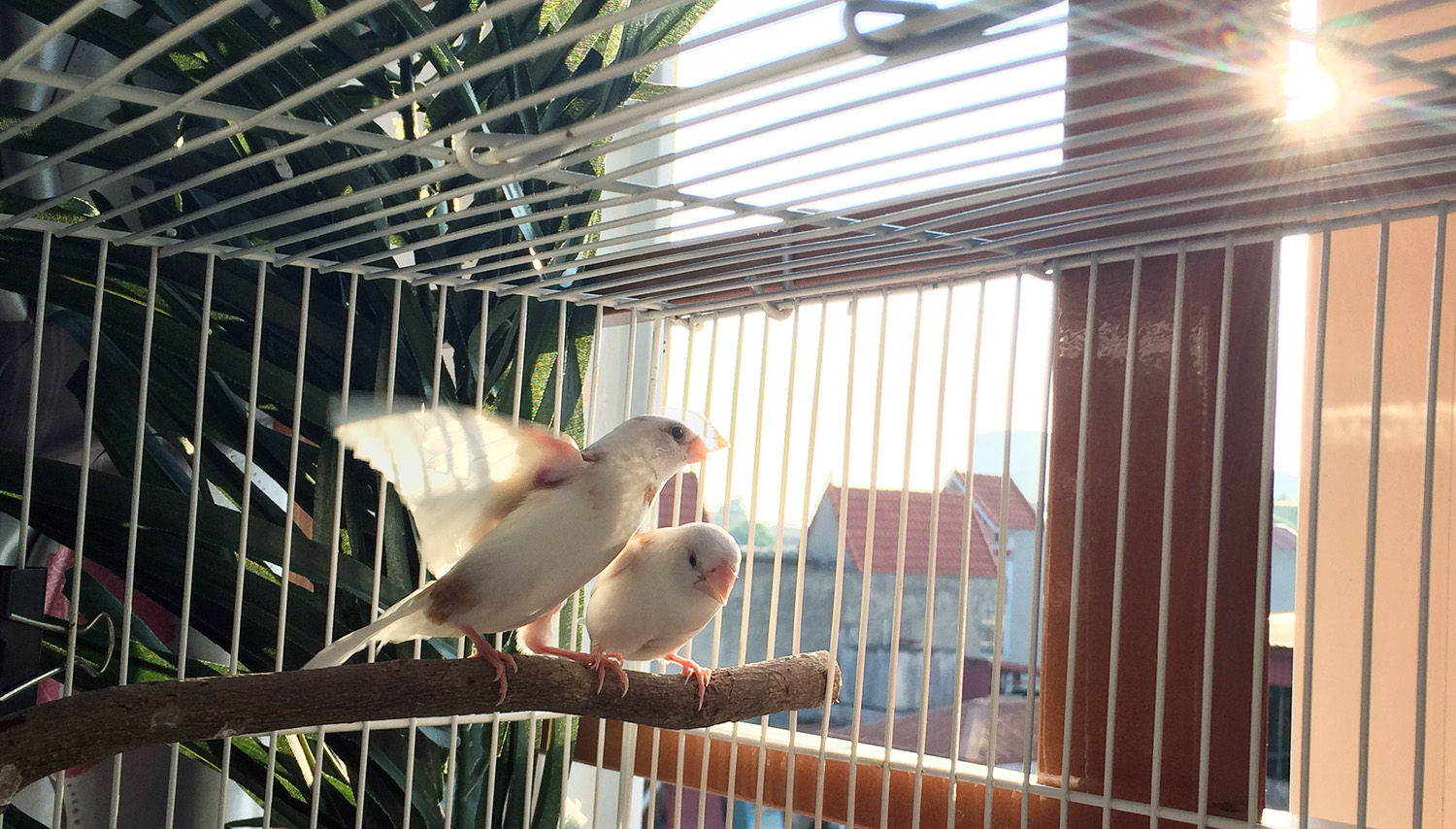
The society finch cage is placed near a window
III. Solutions for Indoor Bird Keepers
Utilize Natural Light
If possible, place your birdcage near a window to take advantage of natural light. This is the easiest way to ensure your finches get some sunlight. However, be mindful of drafts and temperature changes near windows, as these can also affect your birds' health. If natural light is limited, don't worry; there are other solutions.
Using Full Spectrum Lights
Full spectrum lights are a fantastic alternative to natural sunlight. These lights are available at household stores and are labeled as "daylight," "sunlight," or "full spectrum." They provide the UV rays that birds need for Vitamin D3 production. To mimic natural light cycles, use timers to simulate sunrise and sunset. This helps maintain a regular day-night cycle for your finches, reducing stress and promoting healthy behavior. When setting up these lights, ensure they're placed safely to avoid fire hazards. Proper placement and timing can make a significant difference in your finches' health and well-being.
Supplements for Vitamin D3 and Calcium
In addition to providing artificial sunlight, you can use supplements to ensure your finches get enough Vitamin D3 and calcium. These supplements can be added to their diet to help maintain their health, especially if they aren't getting enough sunlight. However, supplements should not replace natural light or full spectrum lighting but rather act as an additional measure to ensure your birds stay healthy.
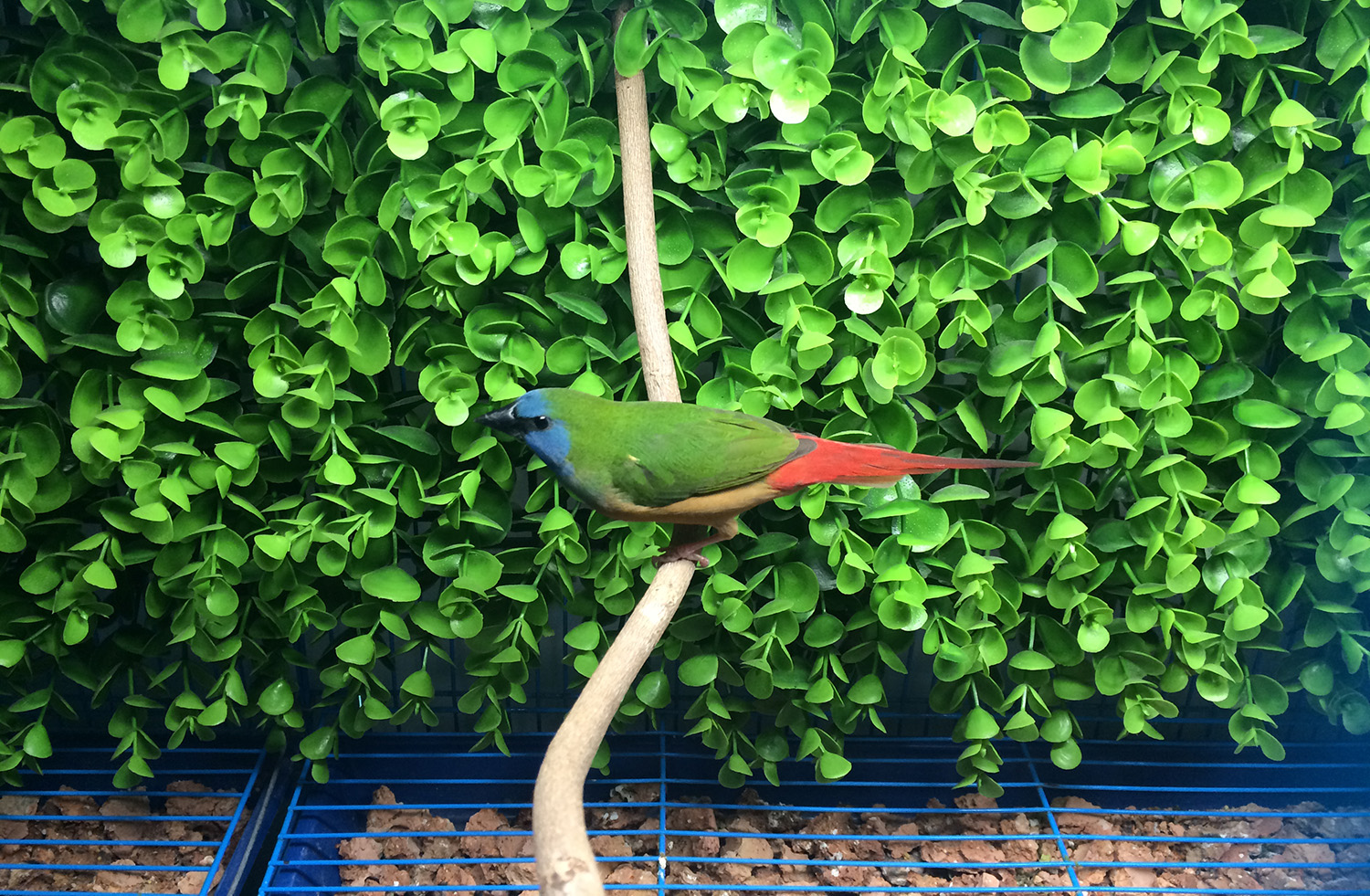
Pin-tailed parrotfinch Under Spectrum Lights
Conclusion
In conclusion, sunlight is essential for finches' mood, health, and reproductive cycles. As indoor bird keepers, it's our responsibility to provide them with the light they need to thrive. Whether you utilize natural light, full spectrum lights, or supplements, the goal is to ensure your finches live happy, healthy lives. By understanding the importance of sunlight and implementing these solutions, we can create a nurturing environment for our beloved feathered friends.
Remember, a little bit of effort goes a long way in keeping your finches happy and healthy. So, let the sunshine in and watch your finches flourish! Happy bird keeping!
Relative Posts
Recent Posts
- Unlocking the Secrets of Calcium for Healthy Captive Birds
- Hand Feeding Finches
- Why Parents Toss Chicks and How to Help
- Fostering Finches: Ensuring the Survival of Your Feathered Friends
- Sunshine and Finches: A Guide for Indoor Bird Keepers
- Air Sac Mites in Finches: Understanding, Preventing, and Treating
- Introducing New Foods to Your Finch
- Homemade Finch Food Recipes
- Choosing Breeding Gouldian Finch Pairs
- How to Choose a Nest Box for Your Finches

